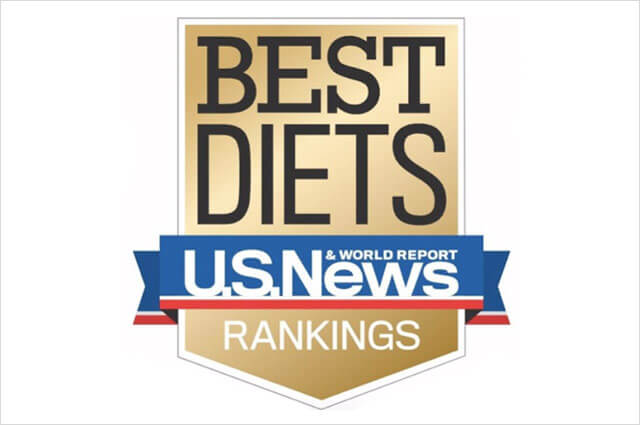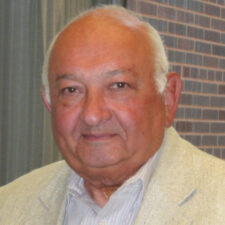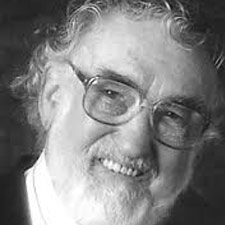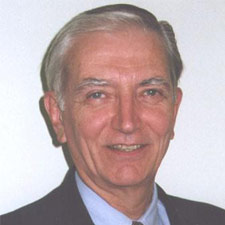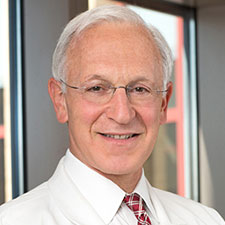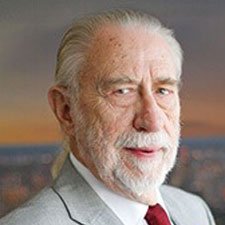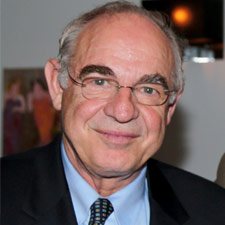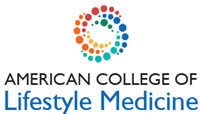Tufts Popular Diet Trial
My Masters Thesis project during my clinical research fellowship was the Tufts Popular Diet Trial published in the Journal of the American Medical Association (JAMA) in January 2005. With the help of my mentors and colleagues I recruited 160 adults with cardiovascular risk factors and excess body weight. They were each randomly assigned to one of four popular diets (Atkins, Zone, Weight Watchers, Ornish) for a year. We asked them to attend four classes (which I co-taught along with dietitian Joi Gleason MS, RD) to learn how to follow their assigned diet as closely as possible for 2 months. We then encouraged participants to follow their assigned diet to whatever extent they preferred for 10 subsequent months. We measured dietary adherence levels and changes in body weight and cardiovascular risk factors over the course of a year, and analyzed the results. The average 1-year weight loss was about 10-12 pounds in participants who completed the study regardless of diet type (a statistical “4-way tie”). In all groups, participants who followed their plan closely often lost 15-20% body weight.
The main findings of the research were:
- Each eating strategy was similarly effective for weight loss despite the fact that the 4 plans differed dramatically from one another.
- The degree of dietary adherence was by far the main predictor of the amount of weight loss, regardless of diet type. Average adherence declined steadily and similarly in each group.
- The degree of weight loss was the main determinant of improvements in a wide variety of cardiovascular risk factors (body fat, waist size, blood pressure, blood tests) regardless of diet type.
Publication and media reports of the three main findings provided new scientific evidence that led the way toward a new conceptual framework that received a lot of attention and consideration from experts and the general public. Together with many other research studies (including several subsequent diet comparison studies that were larger and better), this conceptual framework replaced previous thinking that there was “one best diet”. Instead it ushered in a new age of “dietary personalization” and a mindset that a diverse spectrum of healthy eating options exists. Therefore, individuals and their healthcare providers can learn about the strengths and drawbacks of differing approaches. Clinicians can help their patients find an eating plan that is a good match for their medical situation, food preferences, and other characteristics. The best eating plan is one you can follow consistently.






